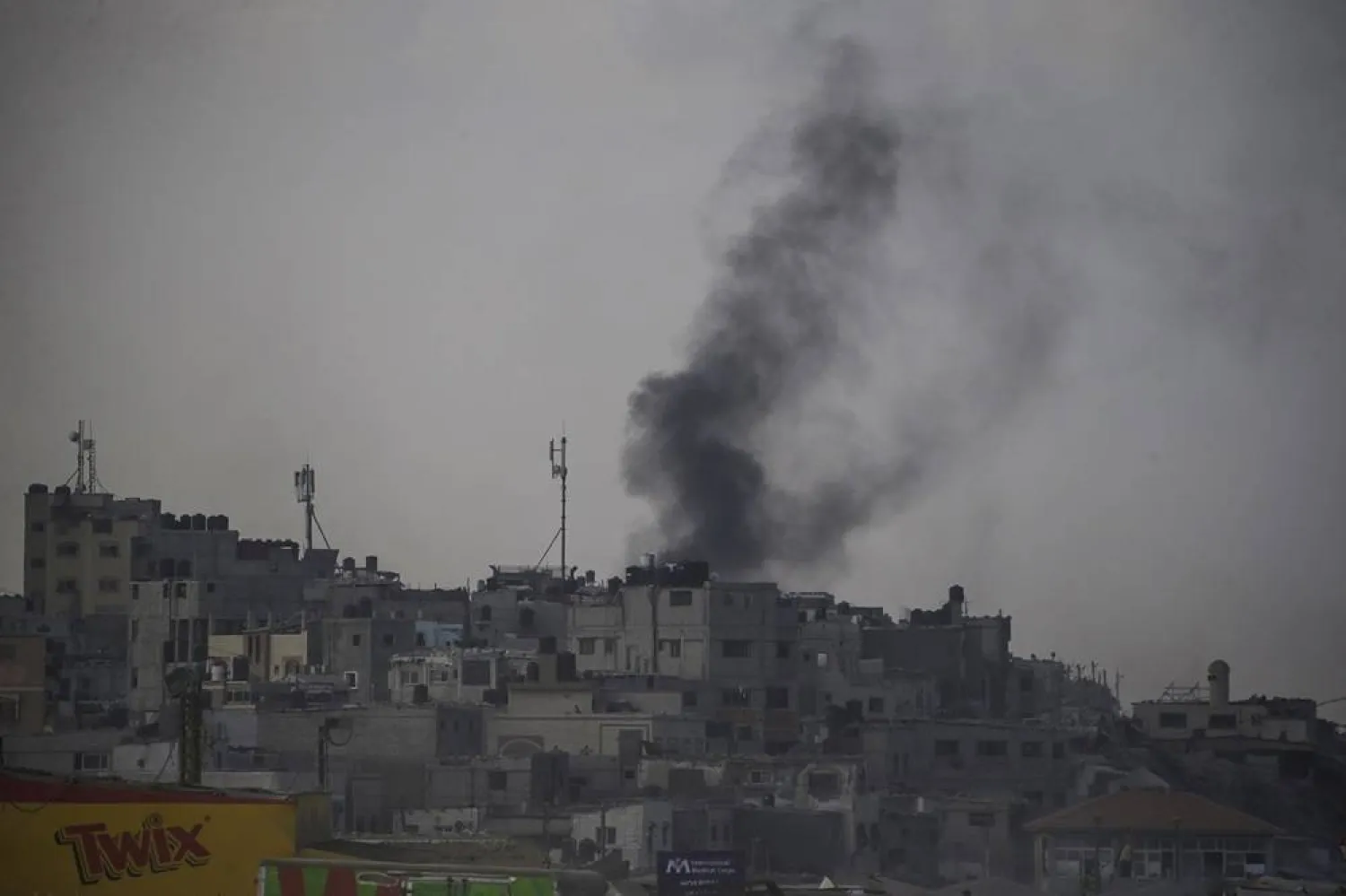The Israeli military said on Wednesday that the body of a soldier abducted by Gaza militants on October 7 was rescued and taken to Israel.
The military said the rescue operation took place overnight and that his name would not be published at the request of his family.
"The soldier fell during the October 7th massacre and he was taken hostage in the Gaza Strip," it said.
Israeli Prime Minister Benjamin Netanyahu praised the soldiers involved in the operation and said he would continue to exert every effort to bring back to Israel all "of the remaining hostages and bodies."
There are still 108 hostages remaining in Gaza being held by armed groups. Around a third of these are thought to have died, with the fate of the others unknown. The army has not confirmed how many are alive or dead.
Hamas and Israeli leaders are continuing talks through mediators in a push to secure a hostage deal and bring an end to 10-month old war.









